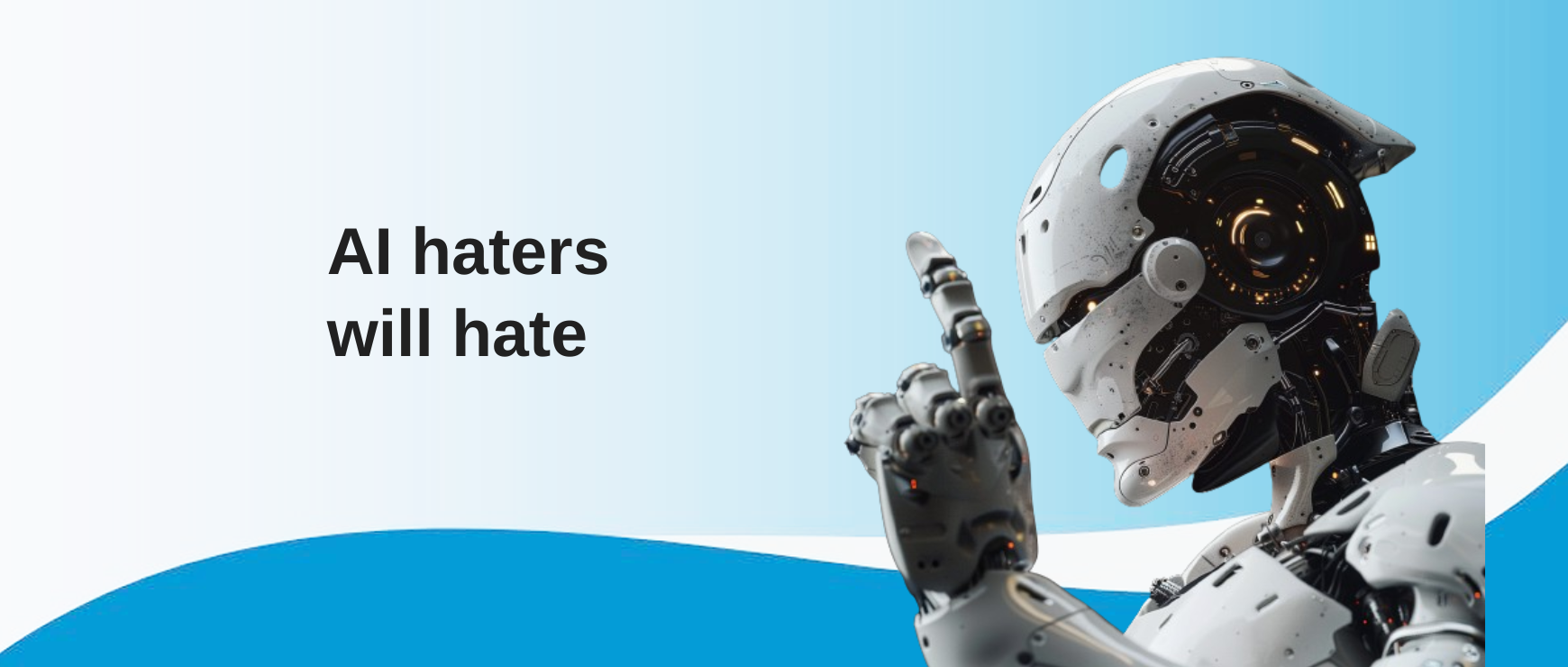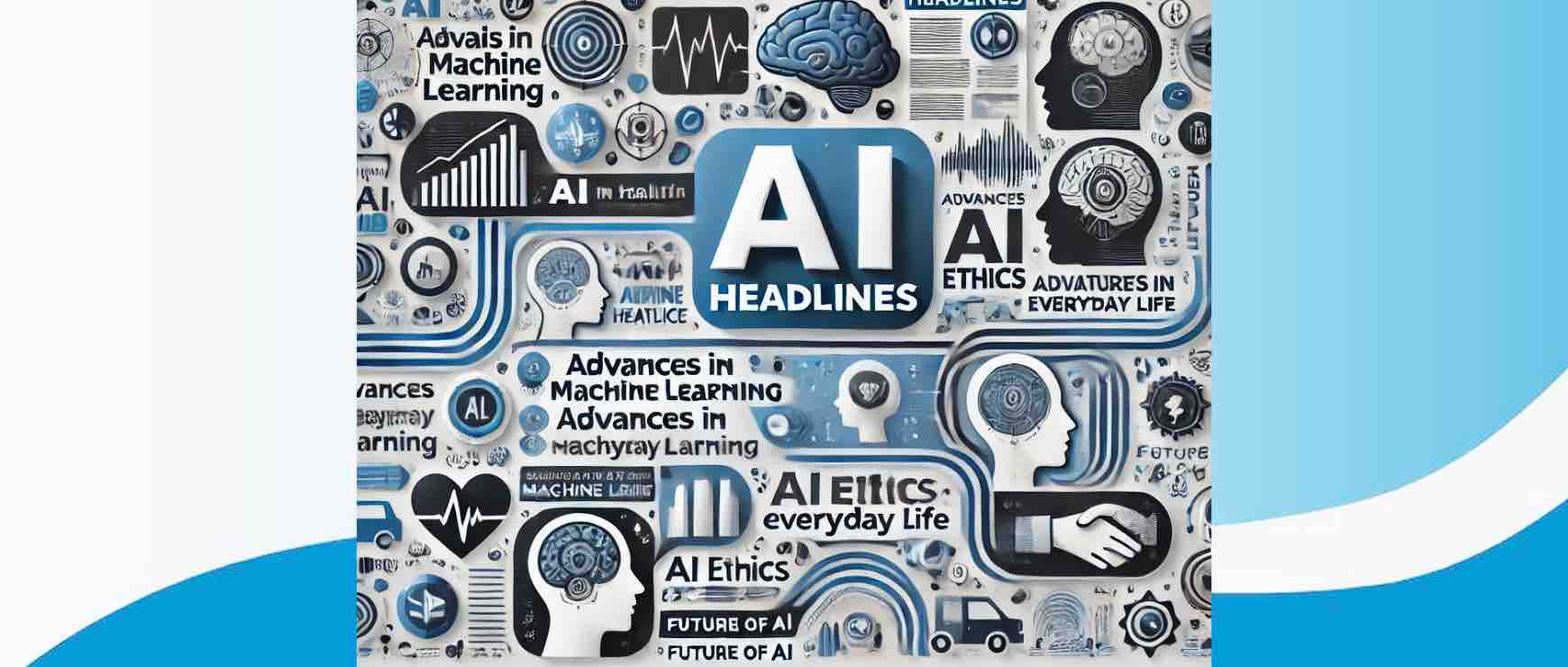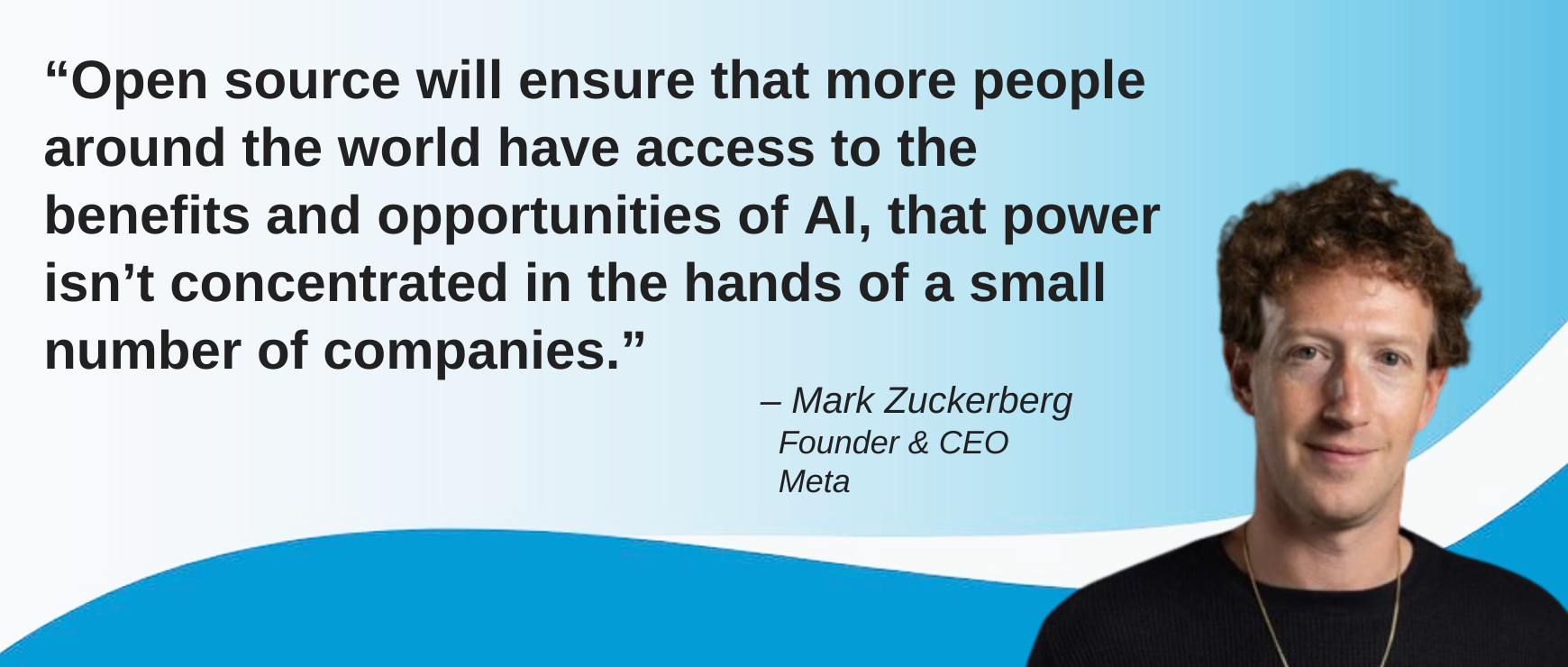By Kevin Hawkins with Korey Hawkins | Vol. 2 Post 30
REAL AI is a human-created weekly roundup of all things AI in real estate and emerging AI innovations in other sectors likely to impact real estate. We post a new edition every Friday, and our free newsletter is delivered to your inbox every Monday.
AI is at a crossroads. Numerous innovation-derailing issues are convening simultaneously. The hurdles AI faces today include accuracy performance, copyright and data scraping lawsuits, escalating costs, massive energy consumption, job displacements, and predictions of an AI bubble bursting – just to name a few.
If things were not bad enough for AI, The New York Times last Friday ran an article with the headline “The Data That Powers A.I. Is Disappearing Fast.”
The subhead summarizes the piece very well: “New research from the Data Provenance Initiative has found a dramatic drop in content made available to the collections used to build artificial intelligence.”
Here’s the threat to AI and why it’s important to real estate:
A study by the Data Provenance Initiative, led by MIT, found a significant drop in the availability of web content used to train AI systems. 5% of all data and 25% of high-quality data have been restricted as website owners increasingly block their data from being harvested by AI firms.
The issue is over unauthorized use of content. The solution appears to be, “If you want to play with my data, you will have to pay for my data.” For example, Reddit and StackOverflow now charge AI companies for data access.
Other sites have implemented paywalls or altered terms of service, and many publishers, like The New York Times, have even taken legal action against AI firms.
But here’s the thing: High-quality data is vital for training generative AI, such as Claude, ChatGPT, and Gemini. Before, AI developers could access large amounts of data without paying for it. That’s changing.
The impact is clear: new AI startups in real estate won’t be able to catch up to established AI firms that already have highly trained Gen AI systems. It appears that if this trend holds, the winners are already in place, and that includes those in the real estate space. Established AI firms will have a growing advantage, and partnering with them and the leading Gen AI firms already in place will appear to be the only route available to new AI firms.
That’s, of course, if new AI firms follow the rules. As the NY Times points out, “Another challenge is that while publishers can try to stop A.I. companies from scraping their data by placing restrictions in their robots.txt files, those requests aren’t legally binding, and compliance is voluntary. (Think of it like a “no trespassing” sign for data, but one without the force of law.)”
And the warning to the AI giants: “…there’s also a lesson here for big A.I. companies, who have treated the internet as an all-you-can-eat data buffet for years, without giving the owners of that data much of value in return. Eventually, if you take advantage of the web, the web will start shutting its doors.” (-Kevin)
This headline from Inc. jumped out at us too: “Most Workers Say AI Makes Them Less Productive, According to a Survey.” Similar coverage on this research report appeared in a slew of other publications, including Forbes and Time magazine.
But we have a problem with the source of this research: it is from Upwork.
Upwork is an online global freelancing firm connecting businesses with independent contractors, ranging from web development, writing, and graphic design to customer support and marketing.
Guess where AI is predicated to displace the greatest number of workers? Upwork’s client base.
So when a study is issued in a news release reporting that “77% of employees using AI say these tools have added to their workload” is issued by a firm that is serving an industry already being negatively impacted by AI (i.e. image generators like Midjourney and DIY in Canva), we are compelled to point out that the source is biased.
When research has an agenda, you can cherry-pick your facts and frame them in a way that serves your interests. Just one example from the news release that is being reprinted without question by these major publications: “nearly half (47%) of employees using AI report they do not know how to achieve the expected productivity gains.”
So, more than half – 53% – of those using AI report they know how to achieve expected productivity gains?
The survey notes that responses included just as many full-time employees as freelancers (625) but does not break down the data to show these group’s responses – and biases. They also say they surveyed 1,250 “C-suite executives” but do not define who these people are or what industries, even if you follow the research links to the original published study source.
This is akin to the sugar industry promoting research that shows the dangers of artificial sweeteners. Remember what happened to cyclamates in 1969? (-Kevin)
Instructive AI Videos
Qualia Labs
Navigating the Next Wave of AI Innovation
https://learn.qualia.com/thank-you-video-navigating-the-next-wave-of-ai-innovation
Marketing Against the Grain
Write Viral LinkedIn Posts With Claude 3.5 Sonnet (Tutorial)
https://youtu.be/kVyPVXSgPpA
Real Estate Technology Institute
Computer Vision & AI are transforming Real Estate
https://reti.us/postingtips/how-computer-vision-ai-are-transforming-real-estate-2/HOW
Social Selling Made Simple with Marki Lemons-Ryhal
Real Estate Agents Hate Doing This (But AI Loves It)
https://www.youtube.com/watch?v=xmXW–tTrSU
Uncovering the AI Revolution with Rowan Cheung
Learn more about Meta’s Llama 3, the first open-sourced AI Model
https://www.youtube.com/watch?v=Vy3OkbtUa5k (-Korey)
Research: Just 9% confident in ability to spot deepfakes | 7/24/24 Advanced Television
Recent advances in Generative AI are making it harder to separate real from deepfake content.
Anthropic unleashes Claude on Android: Can it dethrone ChatGPT? | 7/16/24 VentureBeat
Claude AI has finally entered the mobile market.
A.I. Can Write Poetry, but It Struggles With Math | 7/23/24 The New York Times
Gen AI systems were built to retrieve and process information, not for making multi-step calculations.
FCC looks to tighten rules on AI-generated robocalls | 7/17/24 Real Estate News
Callers may soon be required to disclose to consumers if they are using AI.
Revolutionizing Property Listings With AI-Driven Virtual Refurnishing | 7/23/24 Forbes
AI systems are providing a new level of personalization and engagement in virtual renovation.
(-Korey)
Subscribe to our free REAL AI newsletter here.
Content suggestions welcomed: email korey@wavgroup.com.








